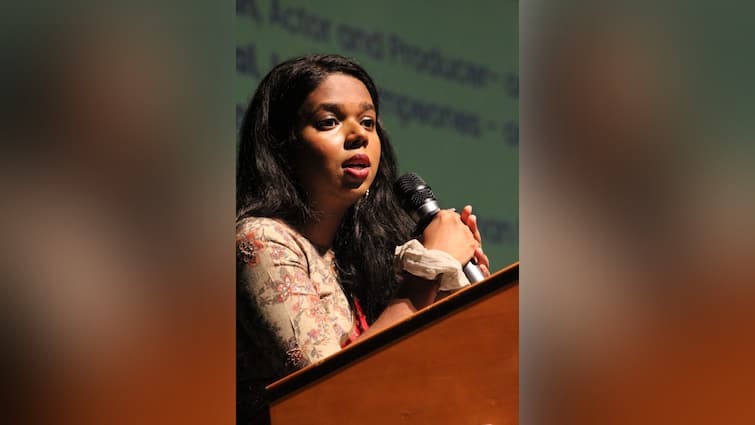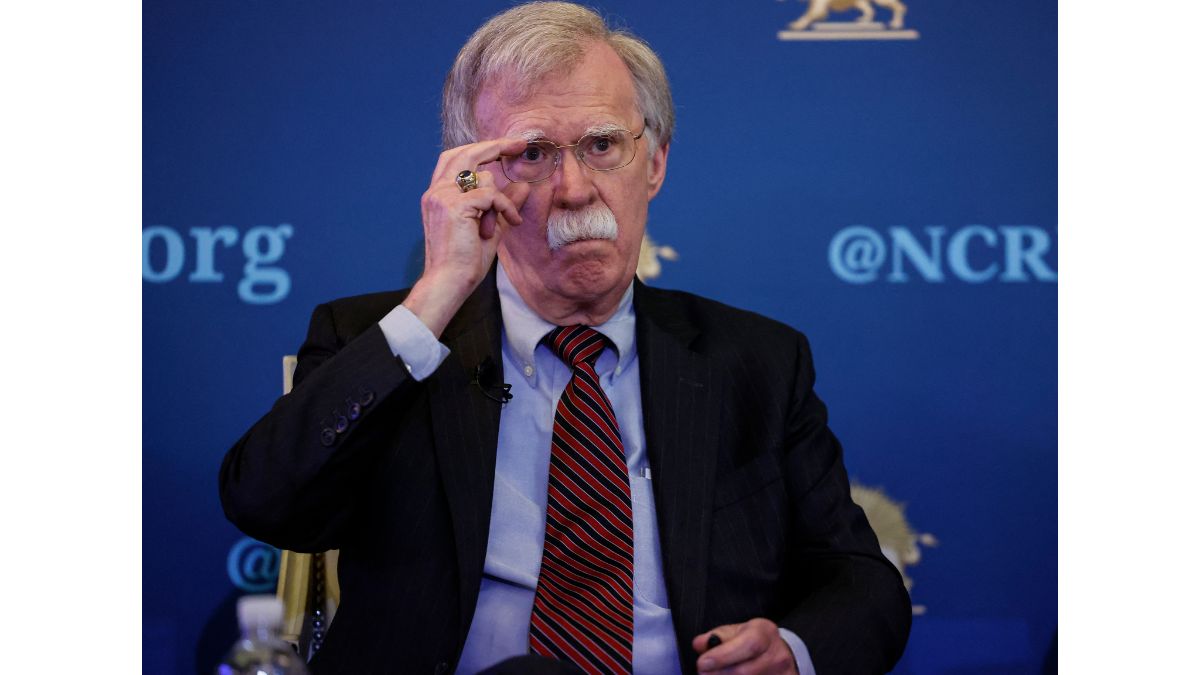By Stephy Stephen
The mark of a truly progressive society is its ability to include its disadvantaged sections – not only in terms of policy but also in everyday life, ranging from interpersonal interactions to their representation in public spaces. It is with this lens that the discussion around disability should be framed; the vital discussions about disability persist behind closed doors because society avoids these subjects while maintaining negative stereotypes and beliefs. Our society needs to elevate this discussion because it extends beyond medical and educational matters toward our shared ethical duties.
As Disability Pride Month, July saw commendable initiatives like the launch of the new portal for disability welfare scheme proposals. But come August, we are sadly left with cases about harassment of disabled individuals and defiance of disability commission rules. While it is truly appreciable that legal recourses have been initiated, these instances indicate that the dominant attitude towards disability is still pejorative, a challenge that cannot be addressed solely by policy.
The discourse around disability often confuses it with inability. When individuals with disabilities are misunderstood, they are often excluded from educational, professional, and social opportunities that others take for granted. The discrimination results from societal reactions instead of the disability itself. Awareness requires more than basic understanding because it demands changes in perspectives and the elimination of biases that can lead to inclusive environments that value all individuals.
Without awareness, misconceptions flourish. Families may hide diagnoses, wherever they can, due to social shame. Institutions may offer token accommodations instead of meaningful inclusion. The lack of proper understanding produces not only individual misunderstandings but also generates policy defects, together with educational obstacles and systemic unfairness.
This is why raising awareness is not a passive exercise; it is a call to action. It cannot be done through narrowly designed campaigns but through conscious actions that include conversations of disability in our everyday parlance. Art and education can be some of the pillars of co-learning; movies like Sitaare Zameen Par help in centerstaging conversations around disability, propelling the society towards normalisation. These efforts ensure that these discussions are not limited to the Disability Pride Month and tokenistic inclusions.
Conversely, such a cultural narrative compels governments to frame inclusive policies, schools to adopt differentiated teaching methods, employers to rethink hiring practices, and communities to become more compassionate and accessible. Consequently, awareness enables early diagnosis and intervention, which are crucial for the well-being and development of individuals with disabilities. It also encourages families to seek support rather than suffer in silence.
Our collective future depends on the ability to see our common human nature rather than offering assistance from superior positions. The expression of charity that we often see in relation to persons with disabilities must give way to the recognition of differential abilities that can even, at times, be better. A great example is that of the German non-profit, “Discovering Hands”that trains blind women in standardised diagnostic breast exam techniques, where it was discovered that visually impaired examiners find irregularities in breast tissue that are on average 30 percent smaller than the other during regular exams. If we can accept that disability might call for accommodations, it is incumbent on us to recognise the brilliance it can create as well.
Our pursuit of building a truly inclusive society should not be limited to creating awareness but should move to allyship. Being an ally means supporting educational spaces that welcome everyone alongside workplaces with equal access and mediums that avoid distorting or excluding certain groups. It also requires disability to become a dinner table conversation, not something that is referred to in expert-only panels and then forgotten.
The practice requires placing disability rights advocates at the forefront during discussions about their own personal experiences, with others consciously engaging in empathetic listening. Societies that embrace diversity will automatically pave the way for innovative developments, compassionate relationships, and institutional justice – ultimately creating a system that is great for not just people with disabilities, but for everyone.
(The author of this article is a Senior Research Analyst, ETI Services)
[Disclaimer: The information provided in the article, including treatment suggestions shared by doctors, is intended for general informational purposes only. It is not a substitute for professional medical advice, diagnosis, or treatment. Always seek the advice of your physician or other qualified healthcare provider with any questions you may have regarding a medical condition.]
Check out below Health Tools-
Calculate The Age Through Age Calculator



)